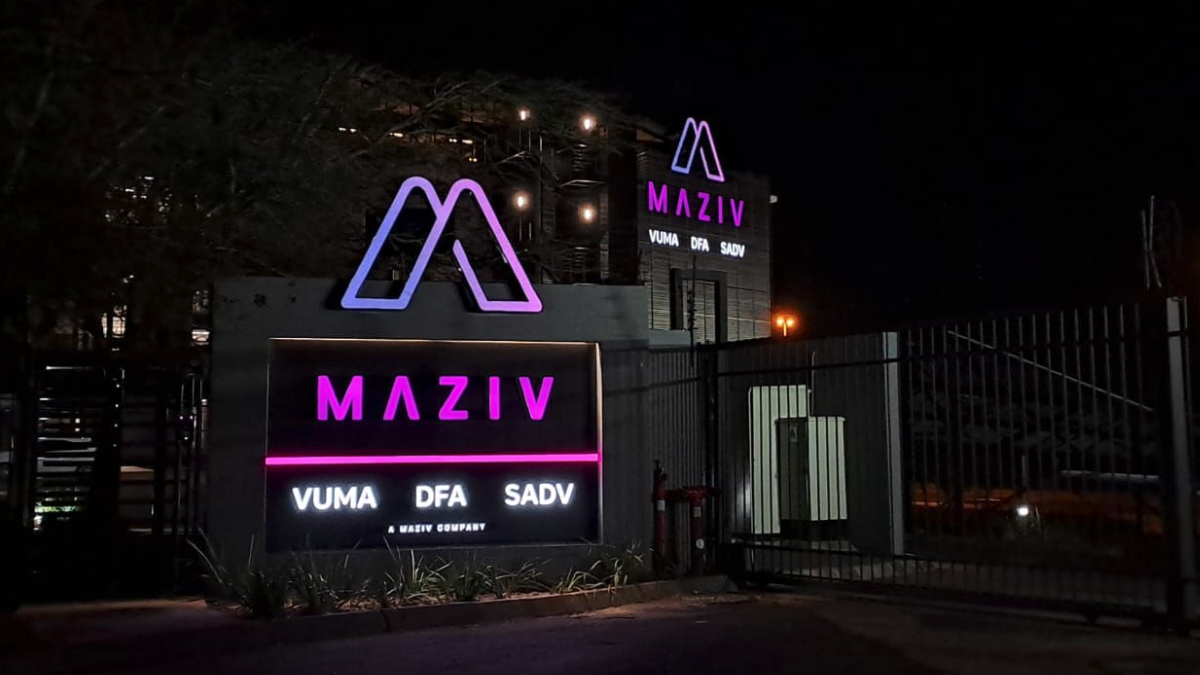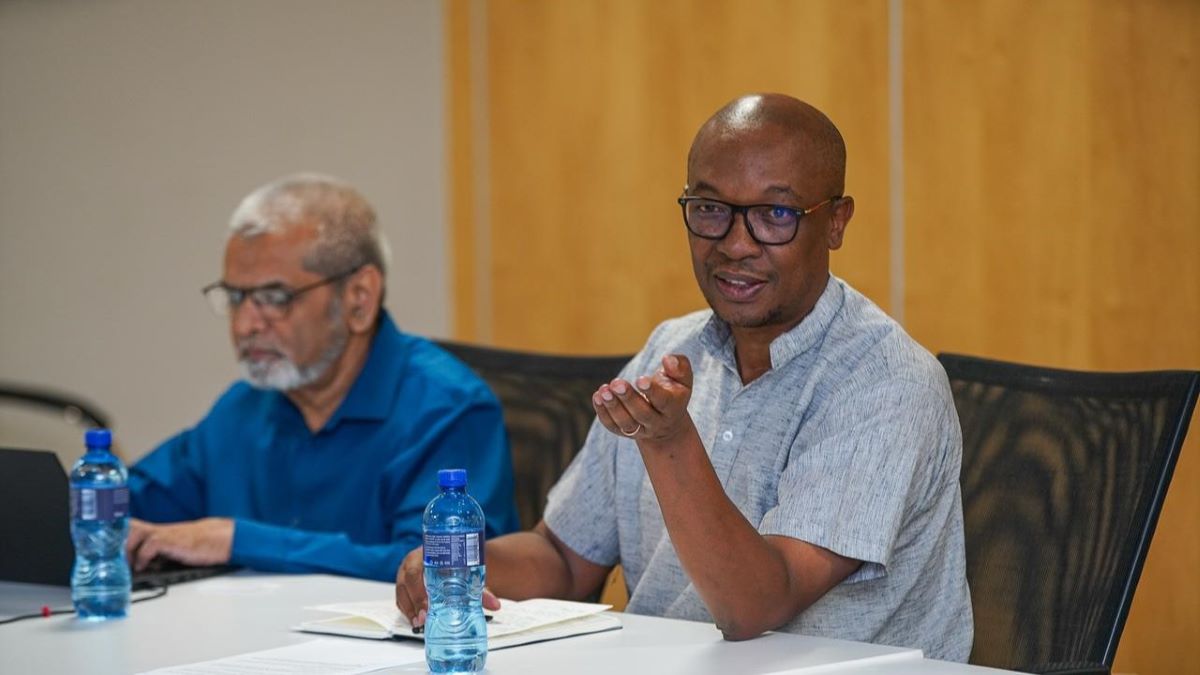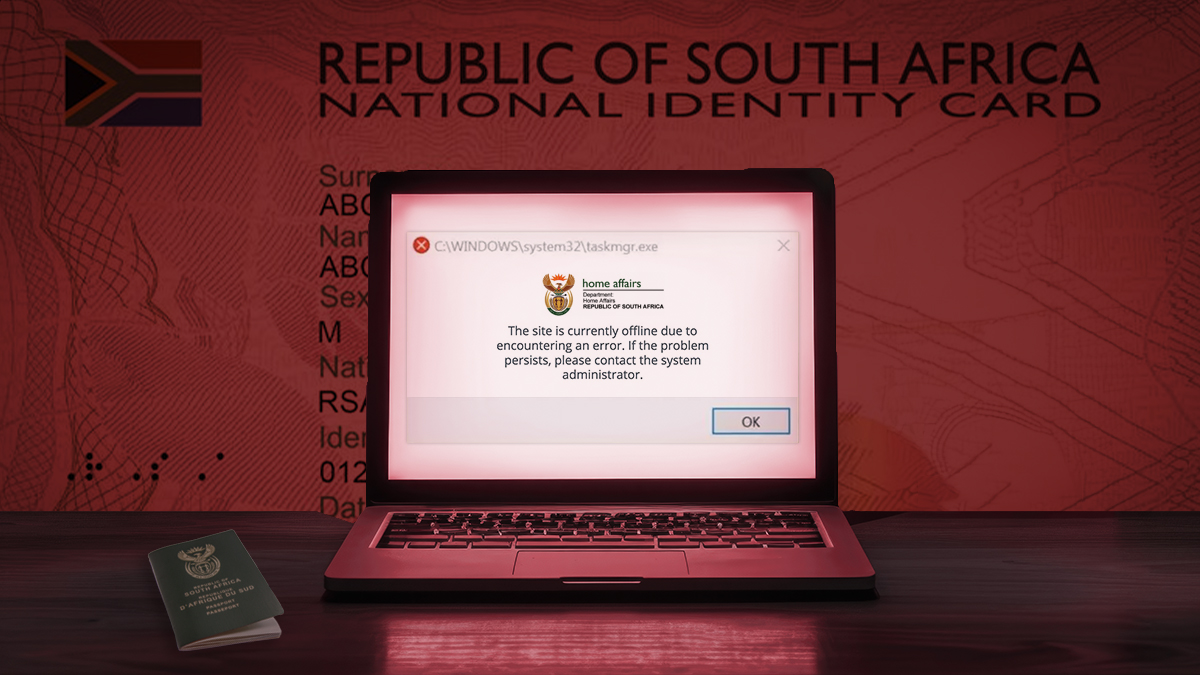Next step in R13-billion Vodacom and Vumatel fight

Vodacom and Vumatel parent Maziv have explained that their legal teams have ten working days to comb through the Competition Tribunal’s 373-page document detailing the reasons it prohibited their R13-billion transaction.
The lawyers for the companies whose confidential information appears in the report must flag anything they want redacted before the document is released to company officials or the public.
This comes after the Tribunal issued its reasons for blocking Vodacom from acquiring a 30% to 40% stake in Maziv for upwards of R13 billion in cash and assets.
Under the terms of the transaction, Vodacom wanted to acquire a stake in the holding company of Vumatel and Dark Fibre Africa (DFA).
It would pay at least R6 billion cash and contribute its own fibre assets, valued at R4 billion at the time, as well as an additional cash amount depending on the company’s valuation when the deal closed.
To facilitate the transaction, the holding company created another subsidiary, Maziv, which would house the fibre assets of Vumatel, DFA, and Vodacom.
When the transaction was conceived three years ago, the estimated value was R13.2 billion for a 30% stake. Vodacom also had the option to increase its stake to 40%.
However, Maziv’s majority owner, Remgro, recently revealed that so much time had passed that the whole structure of the deal would have to be revised.
A spokesperson for Vodacom told MyBroadband that once their legal team has reviewed the document, the company would have full sight of the redacted document and be in a position to comment further.
“At present, the document is classified as confidential and is now with the respective legal teams, who have ten working days to review the contents and agree to remove information deemed confidential,” Vodacom explained.
In other words, employees of Vodacom and Maziv can not read the reasons until after the various independent legal teams of all the stakeholders involved have requested redactions from the Tribunal.
Therefore, they only have access to a 6,700-word summary of the Tribunal’s findings that was issued to the media on Friday afternoon.
“We remain committed to engaging constructively with all relevant stakeholders as we continue to assess our options,” Vodacom told MyBroadband.
Maziv’s spokesperson said they were pleased to hear that the Competition Tribunal’s reasons have been released.
“However, we are concerned that the reasons should have been delivered within 20 business days of the Tribunal’s decision, and the merger parties and the public have waited nearly 4 months for them,” Maziv said.
“Maziv is still in the early stages of reviewing and analysing the reasons in order to determine our next steps.”
Competition Appeal Court looms

Under its governing law, the Tribunal was supposed to issue its reasons within 20 business days. However, the watchdog said it was impossible to deliver its full report within the prescribed deadline due to the complexity of the matter.
It explained that the merger record comprises at least 21,944 pages, with the trial bundle consisting of some 14,307 pages, excluding other annexures and heads of argument.
The four-month wait for the full reasons for the Tribunal’s decision came amid looming appeals by not only the merger parties, but also the competition watchdog’s overseeing cabinet minister.
Parks Tau, the Minister of Trade, Industry, and Competition, filed his intention to review the ruling at the Competition Appeal Court pending the release of the Tribunal’s reasons document.
Responding to a Parliamentary question earlier this month, Tau explained that Vodacom and Maziv had agreed to substantial public interest conditions.
Tau stated that these would have boosted investments and growth of fibre and mobile connectivity in South Africa.
He said the conditions Vodacom and Maziv agreed to were in line with South Africa’s priorities for industrialisation and investment to foster economic growth and create jobs.
Three years for a “no”
The four-month delay for the Tribunal’s reasons comes after an almost three-year wait for the competition watchdog to reject the transaction.
Vodacom announced in November 2021 that it had entered into a deal to buy a stake in the fibre assets of Community Investment Ventures Holdings (CIVH), which owns Vumatel and Dark Fibre Africa (DFA).
CIVH, in turn, is majority-owned by Remgro, which has an effective 57% stake in the business. Maziv is a subsidiary of CIVH.
After 20 months of back-and-forth negotiations that culminated in a host of conditions that would be attached to the deal, the Competition Commission rejected it.
It recommended to the Competition Tribunal in August 2023 that the transaction be prohibited.
The Tribunal then conducted weeks of public hearings last year, which concluded at the end of September 2024. A month later, it issued its decision, and the transaction was blocked.
While President Cyril Ramaphosa is pushing for increased foreign direct investment in South Africa, Deal Leaders International CEO Andrew Bahlmann said the Vodacom-Maziv process was a red flag to foreign investors looking at South Africa.
































